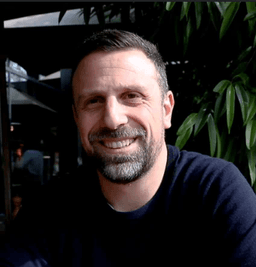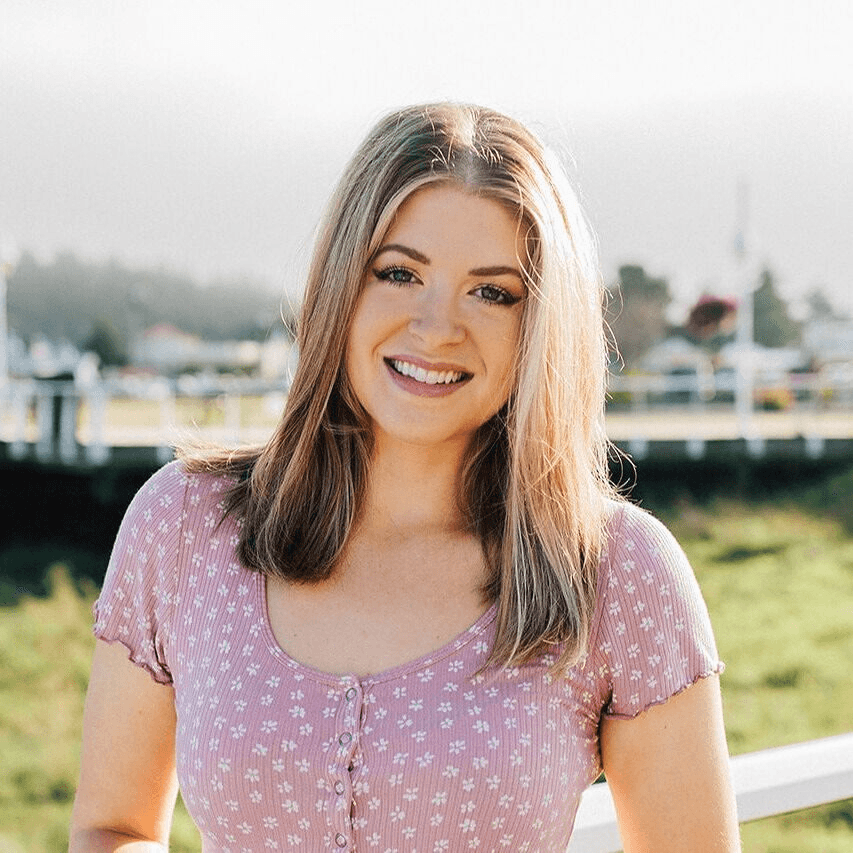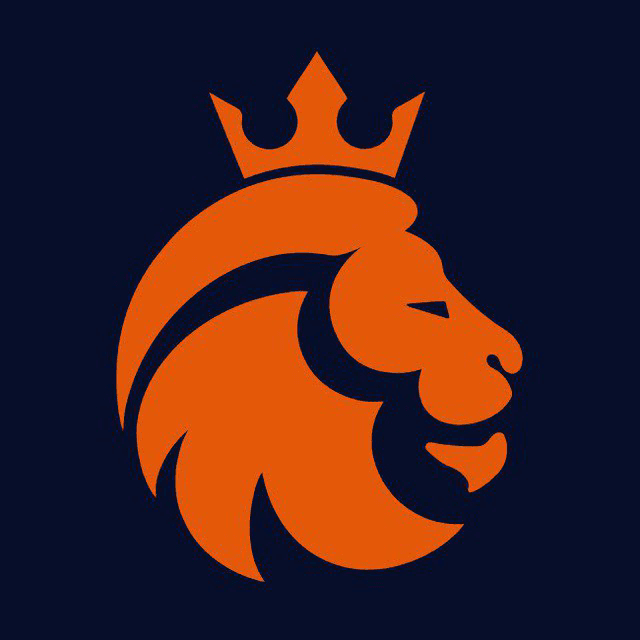How Marksson Sold a Profitable Amazon FBA Wall Clock Brand in Just 7 Days


Business Description
Table of Contents
Navigate through the case study sections
Executive Summary
Case Study Content
From Startup Veteran to Quick 7-Day Exit: The Marksson Case Study
Mark Segal's name is well known within Melbourne's entrepreneurial circles. With 15 years in the startup arena, he isn’t new to launching businesses and optimizing them for success. But it was a casual Facebook ad about Amazon FBA training that triggered his latest trajectory, one that turned a niche product idea into a quickly scalable asset, and ultimately allowed him to cash out in just seven days.
Identifying the Product Opportunity
The popularity of Amazon FBA (Fulfillment by Amazon) was surging in Australia, and Mark's background in design gave him an edge. Instead of chasing hyper-competitive tech gadgets or generic consumer goods, he honed in on a mid-range, affordable luxury segment: designer wall clocks. The aim? Offer premium aesthetic appeal at a mid-market price, reaching customers seeking something better than basic, but not at luxury-store rates.
- Mid-range pricing means less competition on both high-end and bargain-basement fronts.
- Functional home decor, especially clocks, see repeat demand for personal use and gifting.
- Ecommerce sales in the homewares category had ballooned post-pandemic, offering a reliable audience.
Building the Brand and Supply Chain
Mark didn’t settle for drop-shipping or anonymous white-label sourcing. He took a trip to China to meet suppliers face-to-face, working to ensure build quality, consistent finishes, and manageable minimum order quantities for his fledgling brand, Marksson. The brand identity balanced Scandinavian minimalism with bold flourishes, making it easy to market visually across social media channels.
- Supplier relationships ensured consistent factory output and leverage for pricing/terms.
- Quality controls in place before launch to avoid negative Amazon reviews.
- Brand assets were designed with expansion into other home and office categories in mind: not just clocks but a broader future lineup.
Systems, Processes, and the Road to Automation
Operational excellence was a must. Mark pulled techniques from his agency days to systematize inventory tracking, Amazon listing optimization, and daily order management. Automation was a priority, ensuring the business could run smoothly with minimal day-to-day involvement. This work transformed Marksson into a largely hands-off operation, ideal for someone looking to buy and grow without starting from zero.
- Inventory routed directly from China to Amazon warehouses for seamless FBA fulfillment.
- Order updates and replenishments on a scheduled, mostly automated rhythm.
- Customer experience handled through Amazon's own logistics and support frameworks.
Deciding to Sell: Timing & Market Testing
Mark’s energy was shifting back to his main digital agency work, and it was clear he couldn't give Marksson the attention required for continued growth. Rather than let the asset languish, he listed it on Flippa, initially just to see if the market was there. Far from a tire kicker, the Flippa buyer pool proved eager. Marksson’s branding and operational simplicity made it a magnet for those wanting a turn-key D2C brand foundation.
- The listing garnered significant attention within days.
- Offers arrived quickly, leading to a final sale in just one week.
- The package included all brand assets, social channels, supplier contacts, and full operational documentation.
The Transfer & What Buyers Want
Fast sales aren't just about revenue numbers, they’re about perceived value. Turn-key operations, documented Standard Operating Procedures (SOPs), and structured marketing pipelines all counted for more than raw sales numbers in the eyes of Flippa buyers. Mark handed off not just inventory, but a blueprint for expansion, crucial for investors planning to widen product offerings into adjacent home and office goods.
- Simplicity and clarity in operations made transition easy for new ownership.
- Buyers valued scalability of the Marksson brand and existence of professional social proof (e.g., Instagram, Facebook).
Reflections and Lessons Learned
Reflecting afterward, Mark was surprised at the strong market response. His advice to founders? Treat digital assets like potential real estate investments: the more scalable, automated, and brand-driven, the more attractive. Whether selling in a week or a year, well-run ecommerce brands can offer outsized returns compared to bricks-and-mortar or passive property plays.
- Design with the next owner in mind: A business ready for acquisition fetches higher multiples.
- Automate as much as possible without sacrificing flexibility or service quality.
- If you’re not ready to scale, consider a marketplace sale instead of letting a business stagnate.
What Happened Next
Post-sale, Mark dove full-time into his digital agency specializing in SEO, website speed, and backlink analysis. But it’s clear the Marksson story provides a template for solo founders and small teams hoping to both build and one-day sell businesses with real intrinsic value.
Tips Tailored for Newfounders
- Start in a niche with visible unmet demand and mid-market pricing.
- Prioritize branding, even for a single-product shop, as you may want to expand later.
- Invest in quality relationships with suppliers; it cuts future headaches and supports smooth scaling.
- Document everything. Someone else will value your repeatable systems when it comes time to exit.
The Marksson case is proof: small, process-driven brands, when set up right, can attract competitive buyers and grant founders quick liquidity. The steps are specific, actionable, and repeatable, making this a standout story for any aspiring ecommerce seller eyeing a future exit.
Business Plan
Market Problem
The surge in e-commerce, especially within the home decor sector, has created a crowded marketplace where many businesses struggle to…
See the full market problemSolution
Marksson addresses these market gaps by offering high-quality, designer wall clocks at mid-range prices, appealing to consumers who seek…
See the full solutionTarget Market
Home Decor Enthusiasts
Individuals interested in unique, stylish home decor solutions that enhance their living spaces.
Gift Shoppers
Consumers seeking thoughtful, quality gifts for occasions like weddings, housewarmings, or holidays.
Competitors
West Elm
Offers modern furniture and home decor with a focus on style and quality, targeting a similar demographic.
Wayfair
An online retailer with a vast selection of home goods, competing on a broader scale but less focused on designer aesthetics.
Competitive Advantage
Marksson's primary advantage lies in its distinctive product offering that combines quality with design at an accessible price point.…
See the full competitive advantageSales and Marketing
To effectively market Marksson, Mark utilized targeted social media campaigns, focusing on platforms like Instagram and Pinterest where…
See the full Sales and marketing planSuccess Milestones
Product Development
Establish relationships with suppliers and finalize product designs for the wall clock line.
Brand Launch
Launch Marksson on Amazon with initial listings and marketing campaigns.
Key Takeaways
- 1Targeted a design-forward but affordable niche in homewares, avoiding overcrowded categories.
- 2Leveraged on-site supplier visits in China for product quality and better pricing.
- 3Automated operations and optimized Amazon systems, freeing up time and reducing headaches.
- 4Prepared all business processes and brand assets for an easy transition and strong buyer interest.
- 5Listed on Flippa, quickly validated demand, and closed the sale in just 7 days after launch.
- 6Treating ecommerce assets like investment properties, Mark maximized business valuation and exit speed.
Tools & Technologies Used
Premium Content Locked
Subscribe to access the tools and technologies used in this case study.
Unlock NowHow to Replicate This Success
Premium Content Locked
Subscribe to access the step-by-step replication guide for this case study.
Unlock NowInterested in Being Featured?
Share your success story with our community of entrepreneurs.
Explore More Case Studies
Discover other inspiring business success stories

How One Author Generates $97K a Year in Passive Income With Just Two Amazon Books
When licensed analyst Rachel Richards grew tired of giving one-on-one finance tips, she wrote “Money Honey” and “Passive...
Rachel Richards Author Business

Affiliate Case Study: 113% ROI with NineCasino in Brazil
This case study reveals how a lean affiliate team leveraged Facebook ads to test three online-casino offers in Brazil, s...
NineCasino

How a 20-Year-Old Nigerian Grew Senja to $32K MRR with SEO & PLG
When 20-year-old Wilson set out to solve a gap in testimonial collection tools, he built Senja in just 30 days on a $35/...
Senja
